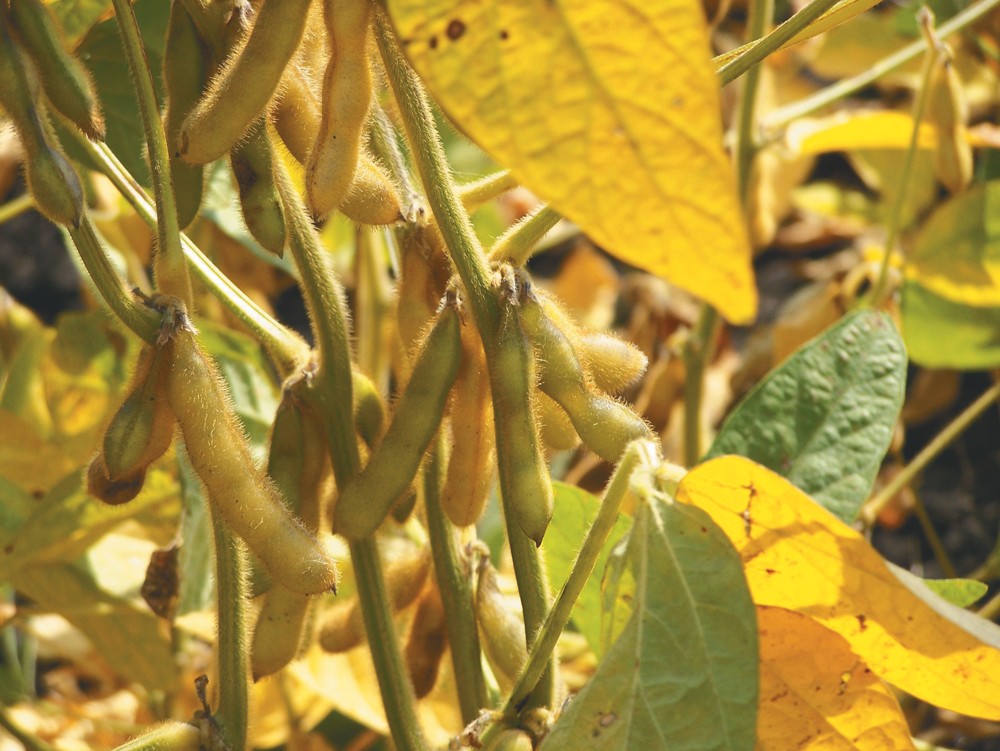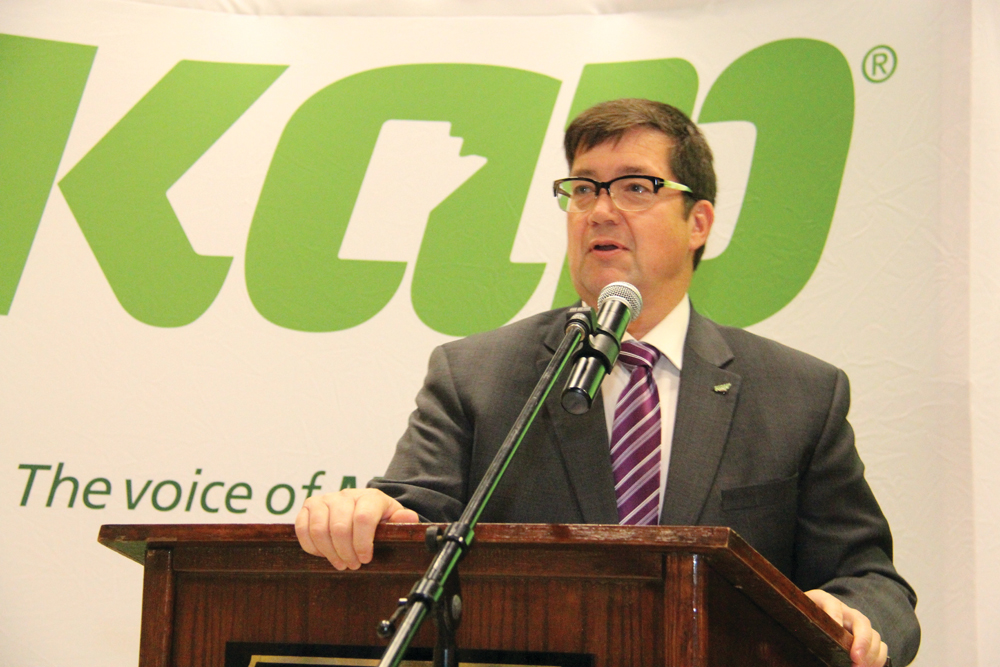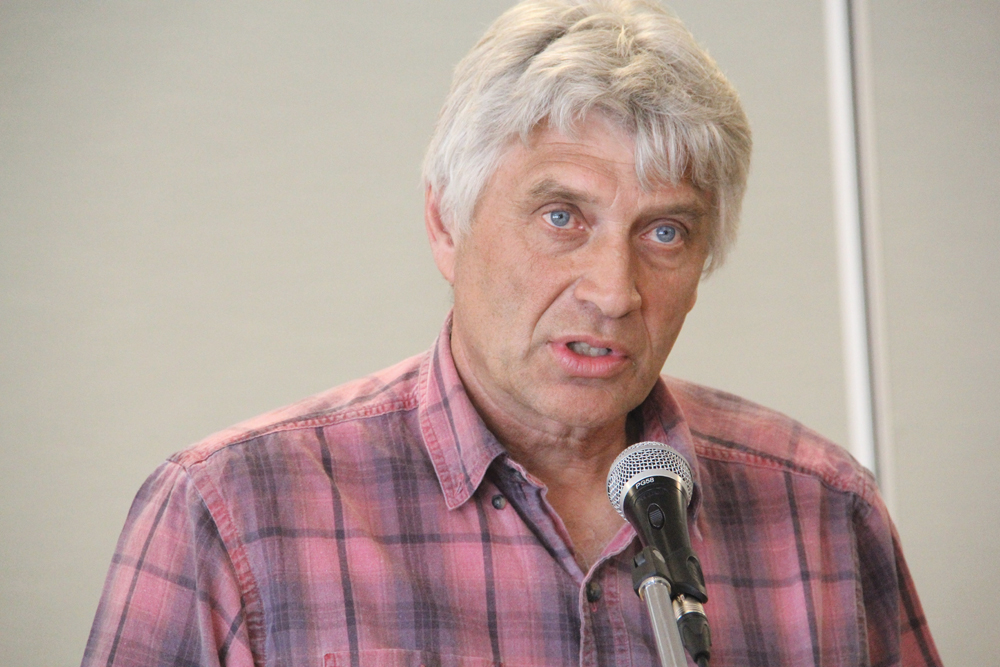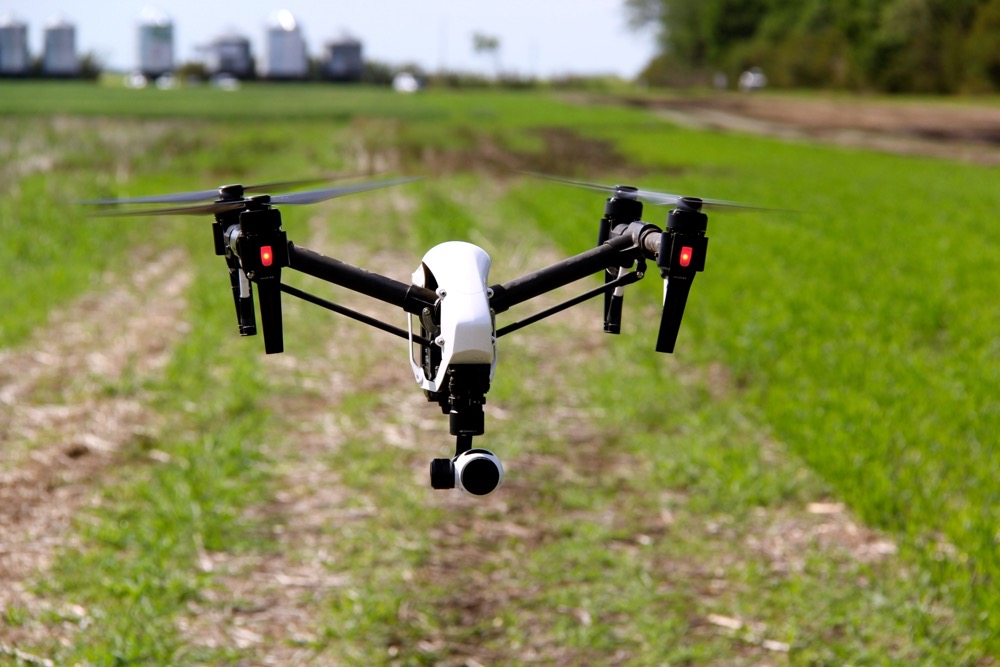Anew, fast-tracked approvals process for minor water-control work on Manitoba farmland is now in place, Water Stewardship
Minister Christine Melnick announced last week.
Water-control work includes installation of or changes to dikes, dams, drains, culverts and/or waterways. If such work is “minor in nature” and unlikely to have any impact, it can now be licensed through an “expedited” process, the province said. A minor works licence won’t need to be renewed by a landowner or future landowners to maintain the work.
Read Also
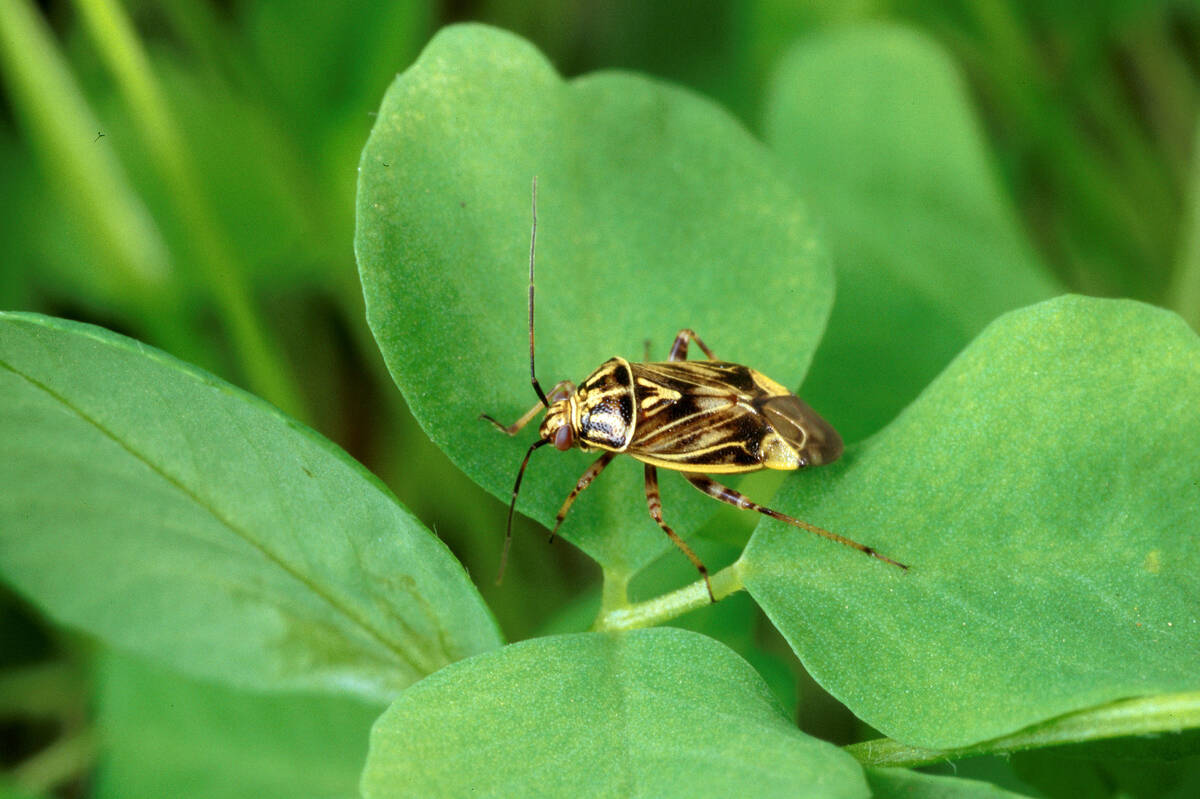
Trap crops to cut faba bean spraying?
Trap cropping may draw pest insects away from the main crop and concentrate them for precise blitz control, less insecticide needed and friendlier farming for beneficial insects.
Projects not considered minor must still go through a more formal approvals process, the province said.
The Water Stewardship Department said it has 23 staff and six rural offices in the province to provide licences and help landowners meet the requirements of the Water Rights Act.
Follow non-smoking rules, KAP says
Manitoba farmers for whom stubble burning is a “necessary tool” will have to burn responsibly so it remains an available option, Keystone Agricultural Producers warned last week.
Between now and Nov. 15, farmers need authorization before they can burn crop residue off their fields. Details on where and when burning is authorized, based on the weather conditions for smoke to disperse safely, are available online or at 1-800-265-1233 by 11 a. m. daily.
Producers with land around Winnipeg must also get a permit prior to burning.
KAP said it encourages farmers to make sure stubble fires are supervised at all times and fireguards are in place.
“Producers must respect the effect that stubble burning can have on health and safety and of course only burn when it’s safe to do so,” KAP president Ian Wishart said.




